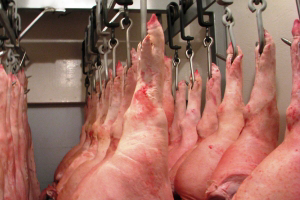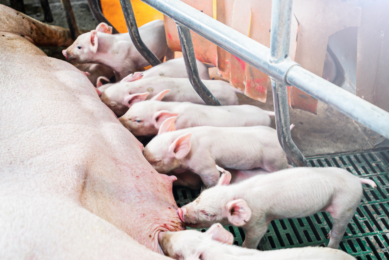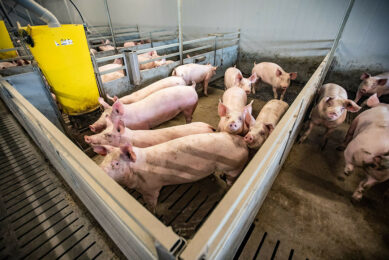Canada: Harper Gov. grows ag trade with Russia, Kazakhstan

Agriculture Minister Gerry Ritz concluded a successful agricultural trade mission to Russia and Kazakhstan where he strengthened the trade relationship with these growing markets and promoted Canada’s livestock.
Russia and Kazakhstan’s interest in Canadian agricultural products and expertise is increasing. Canada exported over $21 million of agri-food products to Kazakhstan in 2012, including $7.6 million worth of purebred cattle, making Kazakhstan Canada’s top market for purebred cattle. Canadian agri-food exports to Russia were worth more than $563 million in 2012. During the mission, the livestock industry signed commercial contracts valued at up to $11 million.
“Our Government is committed to increasing Canadian exports to world markets,” said Minister Ritz. “By creating trade and business opportunities with countries like Russia and Kazakhstan, we are increasing farmers’ profitability and contributing to the economic growth of our country.”
During the mission Minister Ritz witnessed commercial contract signings and helped to create more sales opportunities for the livestock industry delegation accompanying him. In Russia, Genesus secured an $8million contract for 6500 breeding swine. In Kazakhstan, Xports International sold Canadian purebred cattle valued at almost $3 million.
Minister Ritz defended the interests of Canadian pork and beef producers by reiterating Canada’s opposition to Russia’s ban on ractopamine, a feed additive recognized by international regulatory agencies as being safe. The Russian government committed to sending veterinarians to Canadian meat facilities to see first-hand Canada’s robust inspection and regulatory system.
Minister Ritz also discussed another important trade issue, by addressing the progress made on the negotiations of export certificates with the Customs Union member countries. He sought assurances that trade will not be negatively affected by the implementation of rules under the regional Customs Union, which had eliminated internal customs borders, notably between Russia and Kazakhstan.
“We continue to collaborate with the Canadian meat industry to advocate for science-based import requirements in the Customs Union, while working hard to restore the ability of Canadian pork and beef establishments to export to Russia and Kazakhstan as they have before,” stressed Minister Ritz.
In Kazakhstan, Minister Ritz addressed the Astana Economic Forum, a major international economic conference, where he highlighted the advantages of becoming a member of the World Trade Organisation (WTO) and the obligations that come with membership. He also underscored the importance for international trade partners to adopt a science-based approach to trade as a means of stabilizing trade, securing business, and promoting global food security.
With his Kazakhstani counterpart, Minister Ritz built on the co-operation Memorandum of Understanding (MOU) signed in Ottawa last year and addressed the joint working Group meeting that is overseeing implementation of the MOU. The MOU aims to increase co-operation in the areas of animal and plant production and development, as well as knowledge sharing and exchanges of new technologies.











